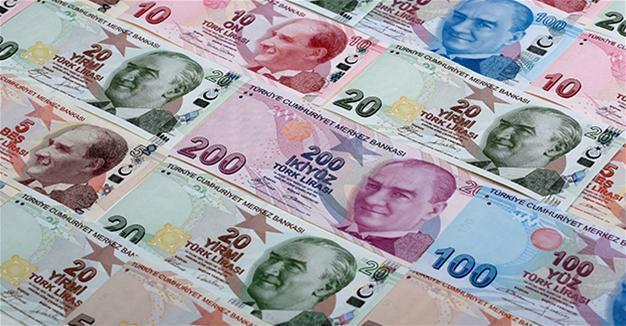Moody’s maintains negative outlook on Turkish banking system amid challenging operating conditions
LONDON

REUTERS photo
Moody’s Investors Service has said it is maintaining its negative outlook on Turkey’s banking system, reflecting the rating agency’s expectation of weakening financials for the country’s banks amid a challenging operating environment.The outlook, which was published early on May 3, expresses Moody’s expectation of the Turkish banking system’s creditworthiness over the next 12 to 18 months.
Although Turkish banks’ financials remained resilient in 2016 and early 2017, Moody’s said it expects a combination of factors including domestic political and geopolitical tensions, potential currency depreciation, and weakening investor confidence to take a toll on these going forward.
As noted in April 2017, Moody’s expects economic growth in Turkey to slow to an average of 2.8 percent in 2016-2018, significantly below the 7.4 percent average over the previous six years, against a backdrop of lower domestic confidence, potential further lira depreciation and high inflation.
“Although asset quality has so far proved resilient, aided by non-performing loan sales and regulatory forbearance, the rating agency expects the challenging macro environment to drive problem loans to above 4 percent over the next 12-18 months from 3.2 percent at end-2016,” the report said.
Similarly, profitability will likely decline as higher funding and foreign currency (FX) hedging costs, slower lending growth and higher loan-loss provisioning will weaken the strong 1.8 percent return on risk-weighted assets recorded in 2016, it added.
“Capital will likely remain sound, however. The system’s common equity tier 1 (CET1) ratio of 13.2 percent at end-2016 will decline in 2017 if the Turkish currency continues depreciating, but will remain solid,” said the rating agency.
“Reduced investor confidence could also increase wholesale funding costs over the outlook period. Potential disturbances to the cost and access to FX wholesale funding remain a key risk for Turkish banks, given their high reliance on short-term FX funding,” Moody’s warned.
The Turkish government’s capacity to support the banking system if needed is diminishing, according to Moody’s.
















